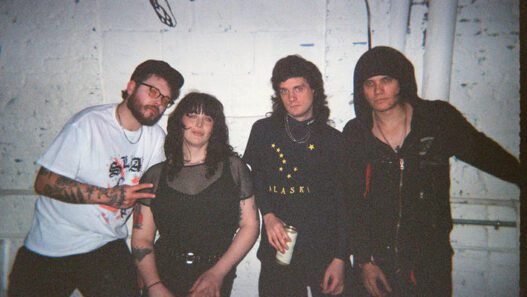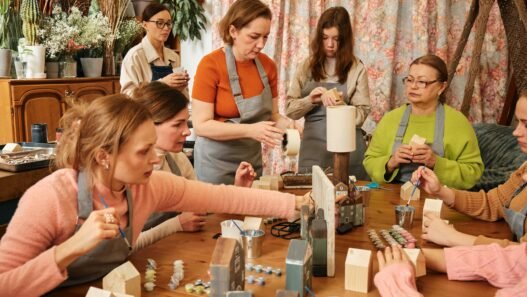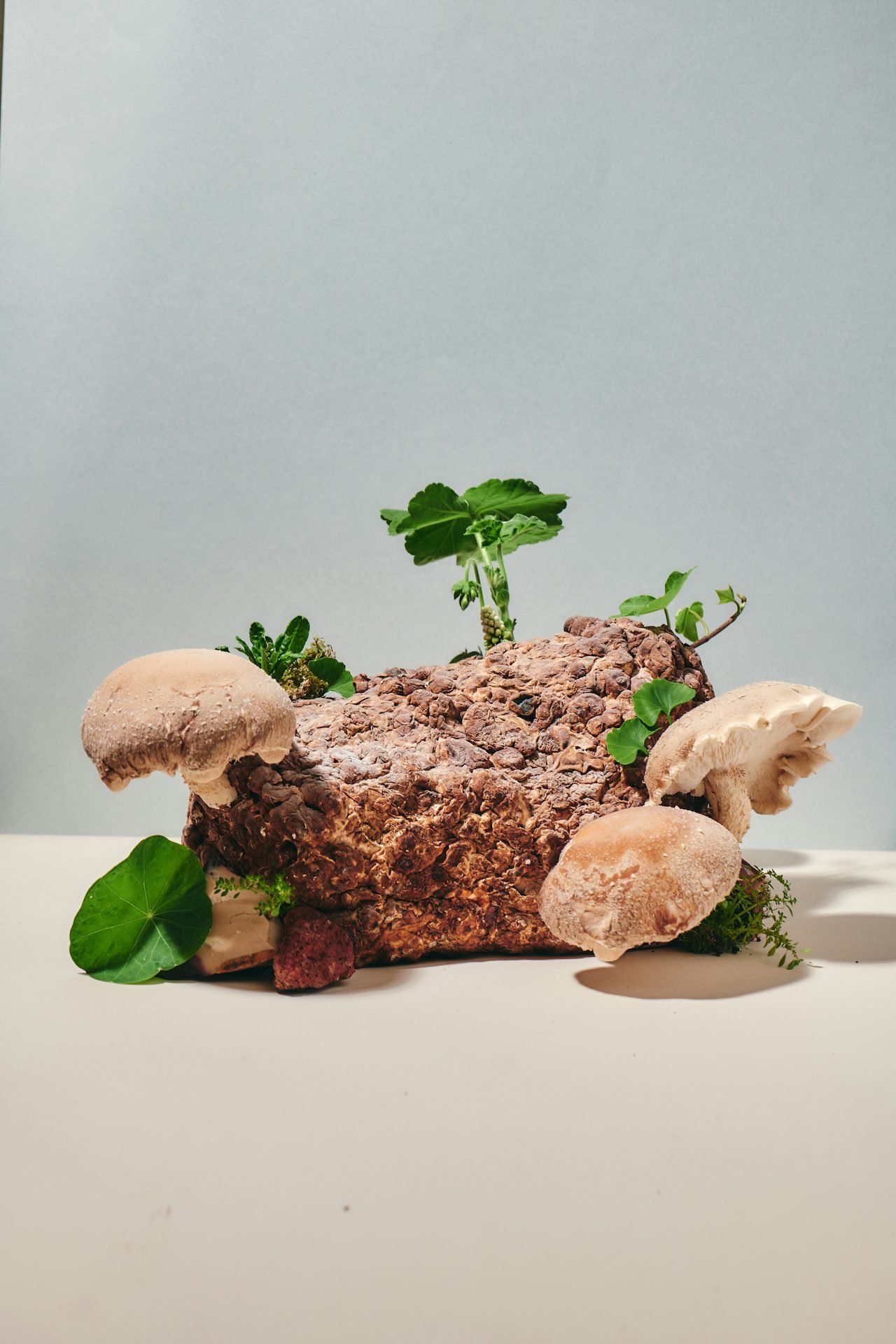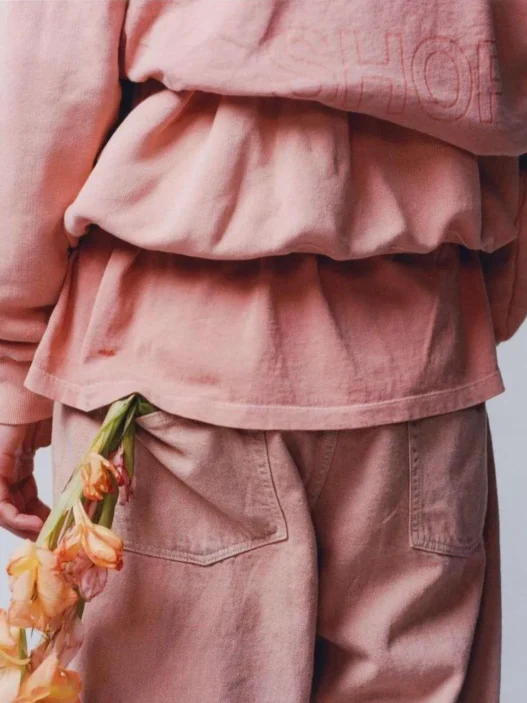This article discusses drug use in the treatment of mental health. This therapy is not appropriate for everyone, nor should it be attempted without medical supervision. If you or someone you know is struggling with substance use or needs mental health support, contact the Canadian Mental Health Association at 1-833-456-4566 or text Talk Suicide at 45645.
By someone who’s just as tired of broken systems as you are.
Let’s be real: we’re not okay. Gen Z is growing up in a world that’s constantly screaming—climate crisis, student debt, political chaos, pandemics, social media spirals. Mental health? A hot mess. And while therapy and meds work for a lot of people, for some of us, it feels like we’ve tried everything and we’re still stuck.
So yeah, a lot of us are looking elsewhere. And lately, one place more and more people are looking is… mushrooms, MDMA, LSD. Basically, psychedelics. But not in the “rave all night” way your parents warned you about—this is something different. Something deeper.
This is about healing. Not escaping.
Gen Z + Mental Health: We’re Not Just Sad
According to data from the National Institute on Drug Abuse, use of hallucinogens among young adults has reached record highs. But this isn’t about chasing a high. It’s about trying to feel something again—something real, something whole.
“I think people assume we’re doing this to ‘trip out.’ But for me, it was about finally finding a way forward. Like I could breathe again.”
—Alex, 23, who joined a psilocybin therapy trial in Ontario.
It tracks. Gen Z is more likely than any other generation to talk openly about mental health and seek out nontraditional approaches. We’re not here for shame—we’re here for solutions.
This article delves into experimental programs at the Centre for Addiction and Mental Health (CAMH) in Toronto and other Canadian institutions, examining the scientific data and expert opinions surrounding this growing field.
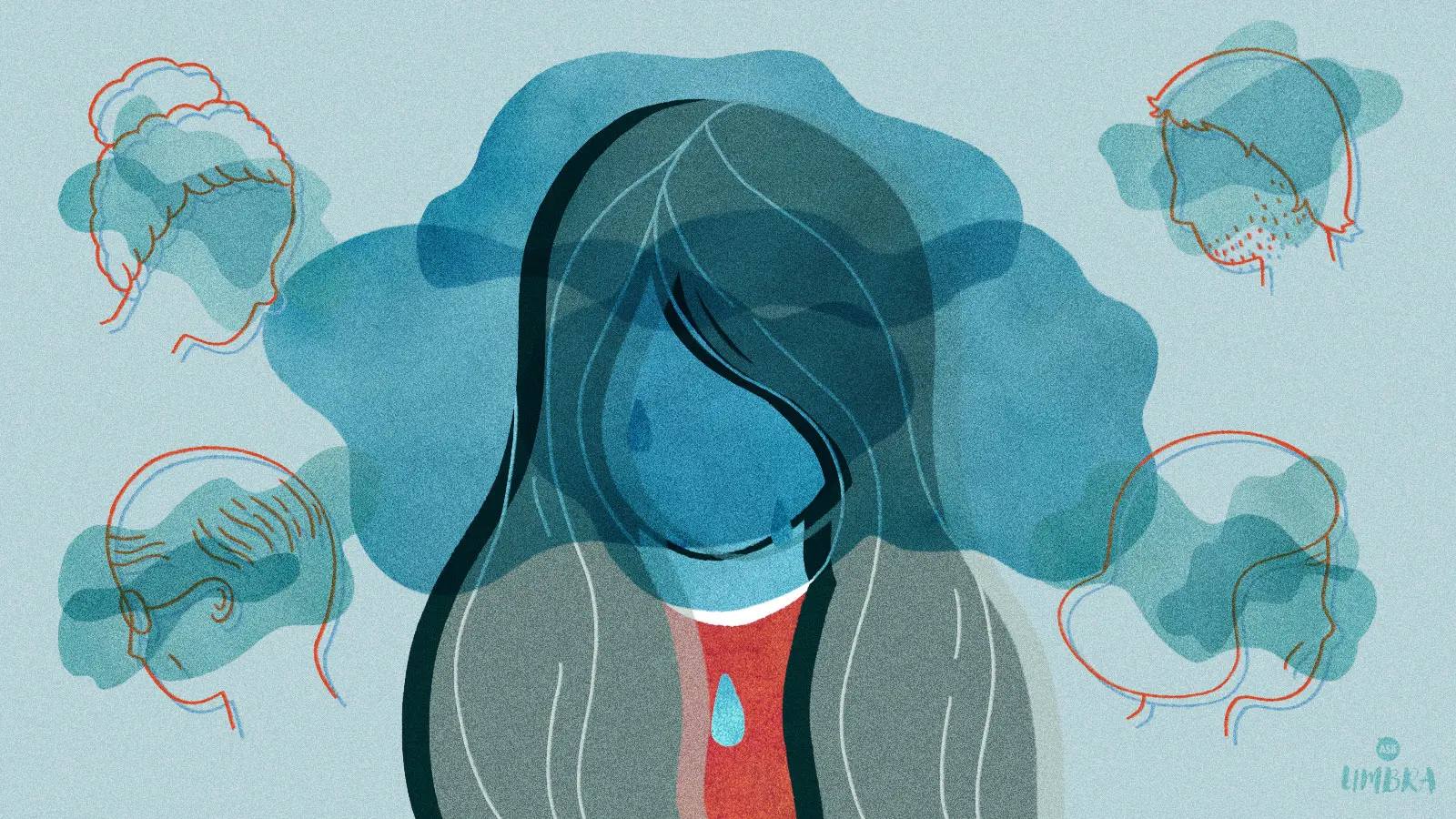
Psychedelic Therapy in Canada: Not Just Hype
In 2022, CAMH scored the country’s first federal grant to study psilocybin—aka the psychoactive compound in magic mushrooms—as a treatment for depression that hasn’t responded to anything else.
“We hope to address some unanswered questions about the value of psilocybin in treating patients with mental health conditions like depression.”
—Dr. Ishrat Husain, who leads clinical trials at CAMH.
CAMH isn’t alone. Providence Care in Kingston launched a Centre for Psychedelics Health and Research in 2024. UHN (University Health Network) has a psychedelic psychotherapy research group. Clinics like Numinus and Field Trip Health are already offering legal ketamine-assisted therapy and prepping for more.
So What Actually Happens in a Session?
It’s not just “take shrooms and vibe.” Real psychedelic-assisted therapy includes:
- A screening process to make sure you’re a good fit
- Preparation sessions with a licensed therapist
- A dosed session, usually 6–8 hours long
- Integration therapy to unpack the experience afterward
“I’ve done years of therapy and felt like I was stuck in the same loop. But during that session, I could revisit my trauma without freaking out. It didn’t erase it—it gave me space to see it differently.”
—Ava, 20, who did an MDMA-assisted session for PTSD.
She was supervised the entire time. Two trained professionals were there from start to finish.
“It was intense. But it was the first time I felt like my healing wasn’t just about surviving. It was about coming back to myself.”
What the Science Actually Says
- A 2021 study by MAPS (Multidisciplinary Association for Psychedelic Studies) showed that 61% of participants no longer met PTSD criteria after three MDMA sessions.
- Psilocybin-assisted therapy has significantly reduced symptoms of major depression in JAMA Psychiatry trials.
- One to three guided sessions can produce long-lasting change.
Unlike SSRIs, which can take weeks to work and sometimes numb your emotions, psychedelics bring things up—fast. That can be transformative—or overwhelming.
Understanding the Potential Harms
Psychedelics aren’t a miracle cure. Even in clinical settings, they carry risks.
Short-term risks include:
- Panic attacks
- Paranoia
- Emotional overwhelm
- Nausea or vomiting
- Confusion or disassociation
Long-term concerns include:
- Hallucinogen Persisting Perception Disorder (HPPD)
- Triggering underlying mental illness like bipolar disorder or schizophrenia
“Psychedelic experiences can unearth deep emotional material…Without appropriate follow-up, this can lead to destabilization rather than healing.”
—Dr. Amanda Lillie, UHN clinical psychologist
Also: self-medicating with untested shrooms from a party? Not the same as therapeutic use. Don’t confuse the two.
Indigenous Knowledge: This Isn’t New
Indigenous cultures around the world have used plant medicines like peyote, psilocybin, and ayahuasca in ceremony and healing for generations.
“These are sacred medicines. They’re not just tools. They’re part of a relationship—with the land, with the people, and with yourself.”
—Shane Morningstar, Anishinaabe elder and advisor to an Ontario-based pilot program
Many modern programs are finally collaborating with Indigenous leaders to ensure this work isn’t extractive—but the tension remains. You can’t talk about psychedelics without talking about sovereignty.
I’ve included an extensive list of collaborative Indigenous programs. Support them. Learn from them. Each program focuses on sovereignty, cultural continuity, and care. Many are grassroots, Elder-led, and grounded in community. Know where your healing comes from.
What Gen Z Is Doing Differently
We’re not waiting for permission. TikTok, Reddit, Discord—people are trading info on:
- Safe use
- Microdosing
- Integration therapy
- Legal access
“People think it’s about getting high. But for me, it was like defragging my brain. I came out with a new perspective. It wasn’t a cure, but it was a shift.” —Alex
Peer-led integration circles are popping up, mixing mental health frameworks with spiritual and community support.
We’re doing what we can—but we deserve better systems.
The Access Problem: Healing Isn’t Equal Yet
Here’s the tough truth: most people can’t access psychedelic therapy.
If you’re not in a trial—or you can’t afford private sessions—it’s not happening. And often, those with the most need are shut out.
“If it’s only available to rich people with no complicating factors, is it really a breakthrough?” —Kayla, 26
Let’s Talk Numbers
- Ketamine therapy: $200–$1,000 per session
- Full treatment: $4,000–$8,000
- Public healthcare coverage: not yet
Layered Barriers = Layered Harm
- Race & colonialism: Indigenous knowledge is often excluded or commodified.
- Chronic illness & disability: Often excluded from trials “for safety.”
- Financial privilege: Wealthy urban clients can access care—most others can’t.
- Stigma: Many still fear judgment for even exploring these options.
What People Are Doing About It
- TheraPsil: fighting for broader psilocybin access
- MAPS Canada: pushing for public funding
- Mutual aid orgs: supporting community integration
- Indigenous leaders: protecting traditional healing from corporate erasure
There’s also pressure to train more therapists who actually reflect the people they’re serving—racialized, queer, disabled, and neurodivergent folks.
What’s Next?
Psychedelics are gaining momentum. But whether they actually help depends on:
- Public health integration
- Equity in training and access
- Respect for Indigenous knowledge
- Community-first models
Some people see psychedelics as a trend. For others, it’s survival.
Final Thoughts
We’re not broken. We’re trying to heal in a world that often doesn’t want us to.
Psychedelics aren’t a miracle. But they might help you feel something again. And maybe that’s enough to start.
Whether this becomes part of how we treat mental health—or just another overhyped moment—depends on us.
→ Subscribe to The Edit
→ Submit Your Work
→ Follow @shezinemagazine
Disclaimer
This article is for informational purposes only and should not be considered medical advice. Psychedelic substances remain controlled or illegal in many jurisdictions. Never attempt psychedelic therapy without proper medical screening and supervision.
If you or someone you know is struggling with mental health or substance use, here are some resources in Canada:
- Wellness Together Canada – 1-866-585-0445 or text WELLNESS to 741741
- Talk Suicide Canada – 1-833-456-4566 or text 45645
- Canadian Centre on Substance Use and Addiction – www.ccsa.ca
Author’s Note: The author has previously received treatment under the care of Dr. Ishrat Husain in a clinical context unrelated to psychedelic research. This article is based on publicly available information and interviews, and the inclusion of Dr. Husain’s work is not a personal endorsement.
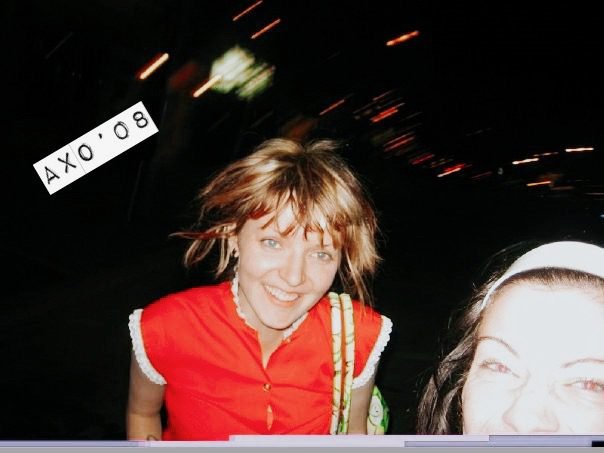
AXO (she/her) is a multidisciplinary creator, editor, and builder of feminist media ecosystems based in Toronto. She is the founder of She Zine Mag, Side Project Distro, BBLGM Club, and several other projects under the AXO&Co umbrella — each rooted in DIY culture, creative rebellion, and community care. Her work explores the intersection of craft, technology, and consciousness, with an emphasis on handmade ethics, neurodivergent creativity, and the politics of making. She is an advocate for accessible creativity and the power of small-scale cultural production to spark social change. Her practice merges punk, print, and digital media while refusing to separate the emotional from the practical. Above all, her work invites others to build creative lives that are thoughtful, defiant, and deeply handmade.












